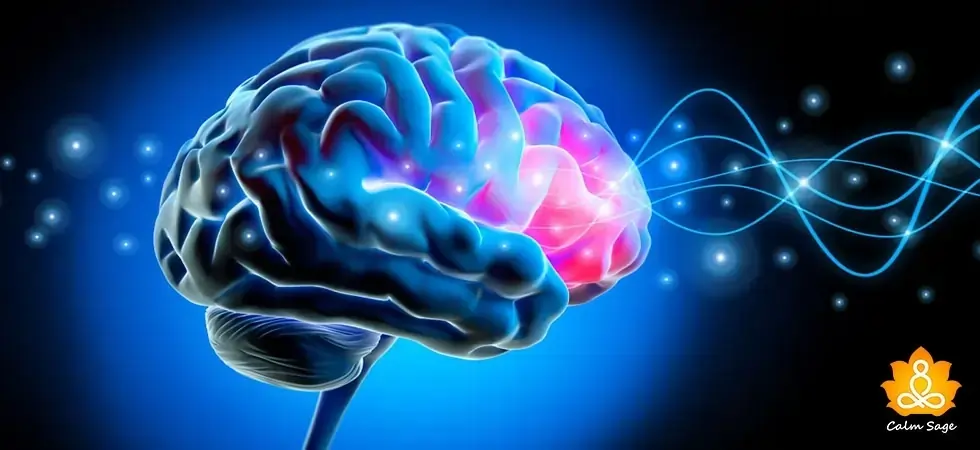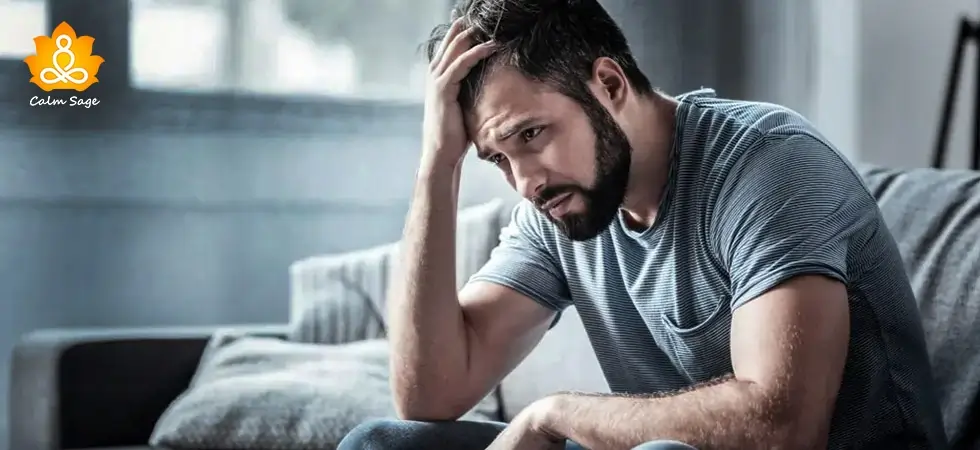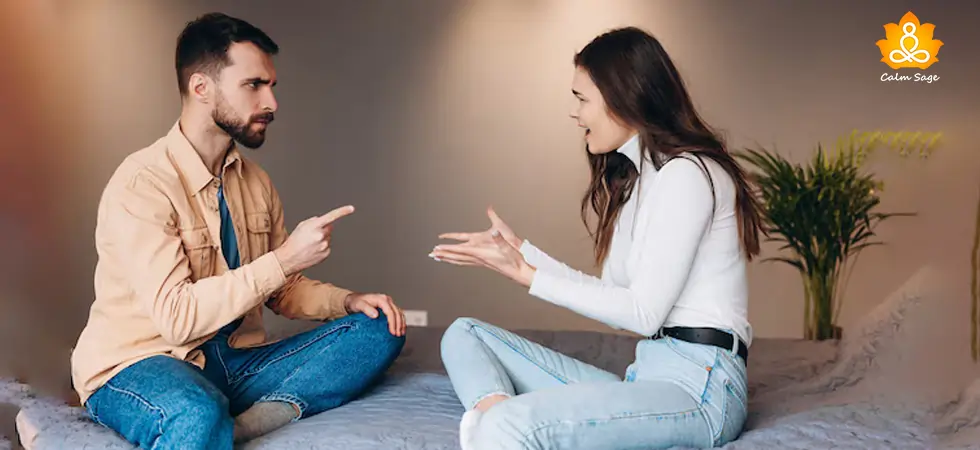The Widowhood Effect: All You Need To Know
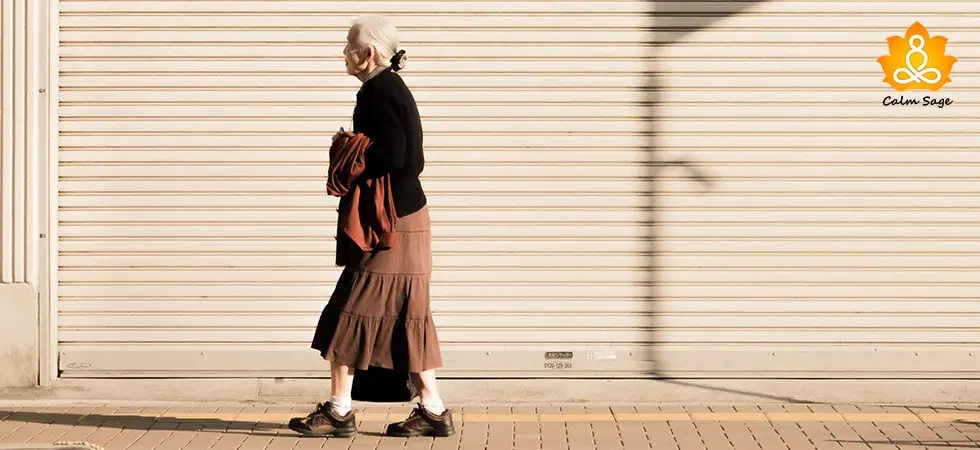
Do you know there are 66% increased chances of dying within the first three months of a spouse’s death? No, it’s not a myth or just a post that went viral on social media. This research was published in 2014 by the Journal of Public Health stating that partners whose spouses had just died had 66% increased chances of dying.
In psychology, the widowhood effect is a phenomenon wherein older people who just lost a spouse have increased chances of dying in the first three months following the death of their partners.
In this blog, we will understand the widowhood effect or grieving widow syndrome. So, let’s get started!
List of Contents
What is the Widowhood Effect?
The widowhood effect is a phenomenon wherein older people who just lost a spouse have increased chances of dying in the first three months following the death of their partners. Research shows that the effect of prolonged stress and grief play an important part in the widowhood effect and trigger other symptoms coherently. Below listed are common triggers associated with the widowhood effect:
- Constant reminders: Household characteristics or places reflecting the memories may trigger the widowhood effect.
- Lifestyle changes: Spouse life changes entirely after the death of their partner, the constant change and alternation makes them prone to chronic illness
- Responsibilities: Lack of financial, physical, or emotional support shared by both partners may result in feeling overwhelmed.
- Caretaking: The stress of taking care of other family members or taking care of yourself solely makes the other spouse more ill. This often results in deteriorated health.
Taking a Deep Look at Studies
I was able to find a lot of research supporting the study. One study reported that males experience a higher risk as compared to females of dying after the death of their spouse, this study revealed that there are equal chances for both genders. It is quite logical to assume that partners who live in close marital relationships are not able to find meaning in old age after the death of their spouses. Studies show that surviving spouses living alone experience depression and loneliness.
Additionally, one research stated that older women who were financially dependent on their partners experienced post-widowhood anxiety. Research also shows that the unexpected death of a spouse leads to more stress as lack of time to prepare results in less survival due to lack of emotional and financial support.
I found more research that mentioned that widowed men have a higher risk of dying after their spouse’s death from diabetes, accident, serious fracture, sepsis, infection, and others. Meanwhile, widowed women also have a higher risk of dying after their spouse’s death from colon cancer, accident, lung cancer, chronic obstructive pulmonary disease (COPD), and others.
Mental Health Impacts of Widowhood Effect
The effects of prolonged or sudden grief can have negative effects on mental health such as:
- Anxiety
- Chronic loneliness
- Constant and severe sadness
- Difficulty in falling asleep or staying asleep
- Lack of energy and motivation
- Reduced immunity and mental energy levels
- Social isolation
- Unknown discomfort and pain
How to Seek Help or Get Support for the Widowhood Effect?
With the right support and help, widows can bounce back effectively with improved physical and mental health. Grieving takes time; however, the right approach can help you ease the process and promote self-healing. Here’s what you can do to cope with the loss of a partner and reduce the risk of widowhood effect:
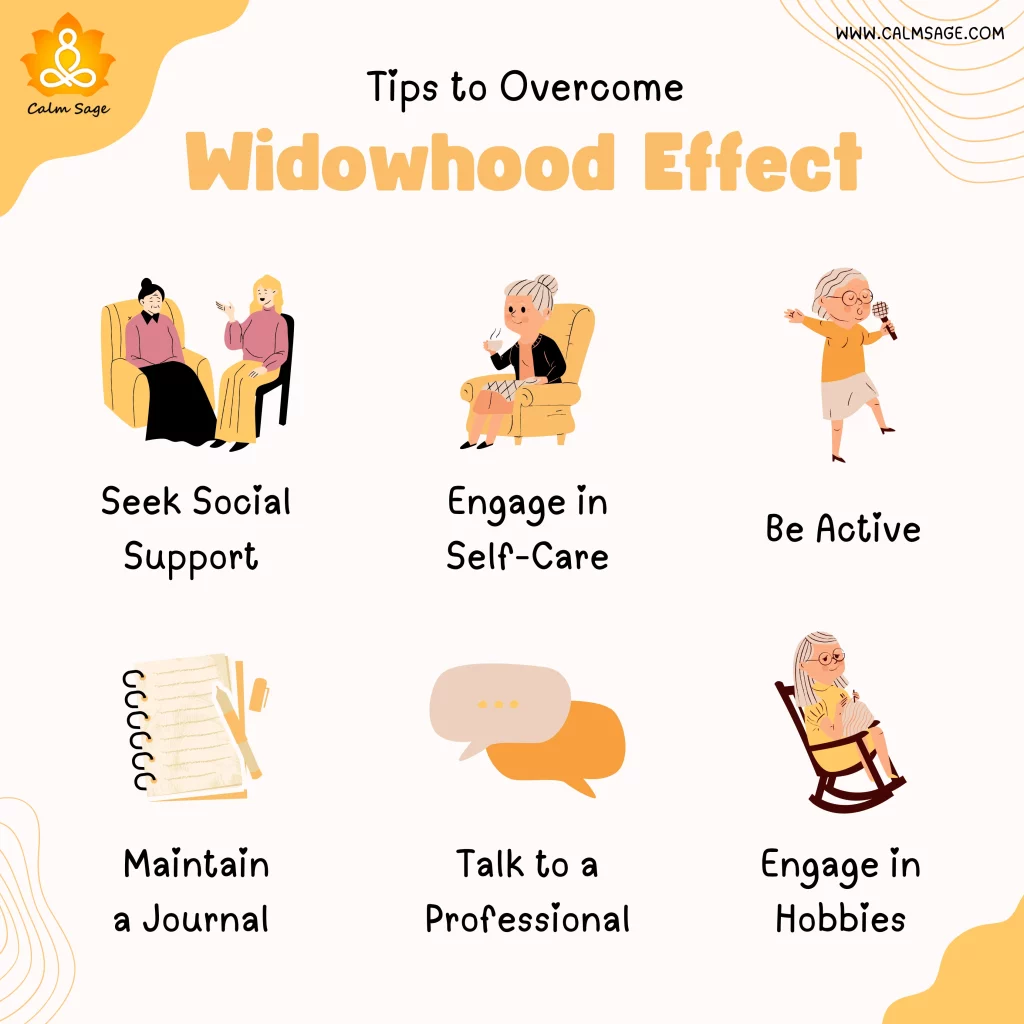
1. Maintain social support:
Social support plays an important part in grieving and healing. If your partner has just passed away, surround yourself with people who support you. Avoid staying alone and instead move with your children for a short span to promote self-healing.
2. Avoid staying still for a longer time:
As I said grieving takes time, there will be some days wherein you don’t wish to move your body and there will be some days wherein you will find yourself prepared to deal with the chores. But, before that, engage yourself in activities that seek your interest. If you don’t wish to move much, try to focus for a short time but avoid staying still for a longer time.
3. Provide yourself with personal space to cope:
If you don’t feel ready to adjust, it’s okay, take your time and provide yourself space to cope. Take your time and never compare grieving time lengths.
4. Seek professional support:
If you’re having a hard time processing your emotions or experiences, seek the help of an experienced mental health professional to understand, adjust, and promote self-healing. To connect with an experienced and registered mental health professional through online platforms, click below:
5. Engage in Self-care:
If you have lost interest or are feeling demotivated, engage yourself in self-care activities. Try to sleep well, eat right, exercise regularly, paint your ideas, or volunteer in activities. Do whatever you feel right in the moment.

Great for a large network of licensed therapists
-
$60 to $90/week, billed every 4 weeks
-
Therapy via messaging, phone, or live video chat
-
Flexible cancellation at any time
20% off your first month

Great for CBT Based therapists
-
$40/week, billed every 4 weeks
-
Therapy via messaging, phone, or live video chat
-
Specialization for CBT based Therapy
20% off your first month

Best for Treatment Plants
-
$60 to $90/week, billed every 4 weeks
-
Therapy via messaging, phone, or live video chat
-
Flexible cancellation at any time
$100 off your first month with code SPACE
Takeaway: How to support a loved one who has just lost a partner?
If you are concerned about a family member or a loved one who has just lost a partner, here’s what you can do to support them:
- Offer help or just simply stay by their side
- Encourage self-healing and help them to adjust
- Instead of providing advice, just listen and let them know they have got your back
- Engage in self-care activities with them
- Take them out for a walk
I hope this blog helps you understand what the widowhood effect is and what we can do about it. Comment down and share your views on the same. For more such content, connect with us through all social media platforms.
Thanks for reading!






